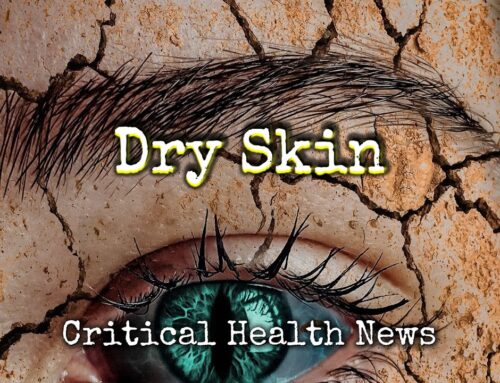Nothing beats a good night’s sleep. Yet, for 70 million Americans who struggle to fall and stay asleep, the benefits of nighttime rest are little more than a dream. In the chaotic times were living in, this can be as problematic as it is understandable.
We need our sleep to support our immune system and develop resistance to viral bacterial and fungal infections. Sleep is also important for skin health. Lack of sleep increases cortisol, which can exacerbate conditions like eczema and psoriasis, induce oiliness and dark spots and result in thinning crow’s feet, fine lines and other signs of aging.
That’s where the hormone melatonin enters into the picture. Not only can the natural hormone help you fall asleep, it also has direct benefits for the body’s largest organ. According to research, melatonin directly interacts with skin cells, protecting them against damage, photoaging and stimulating the production of moisture factors, as well as wrinkle fighting collagen and elastin.
Melatonin has also been shown to improve wound healing, especially for diabetics. For best results, take three to six milligrams 30 to 60 minutes before bedtime. If you find yourself waking up in the middle of the night, consider using a sustained release form of melatonin that will deliver its relaxing benefits gradually throughout the evening. When you wake up enjoy some morning sunshine early. UV light streaming from the Sun supports the production of your own natural biological melatonin.










